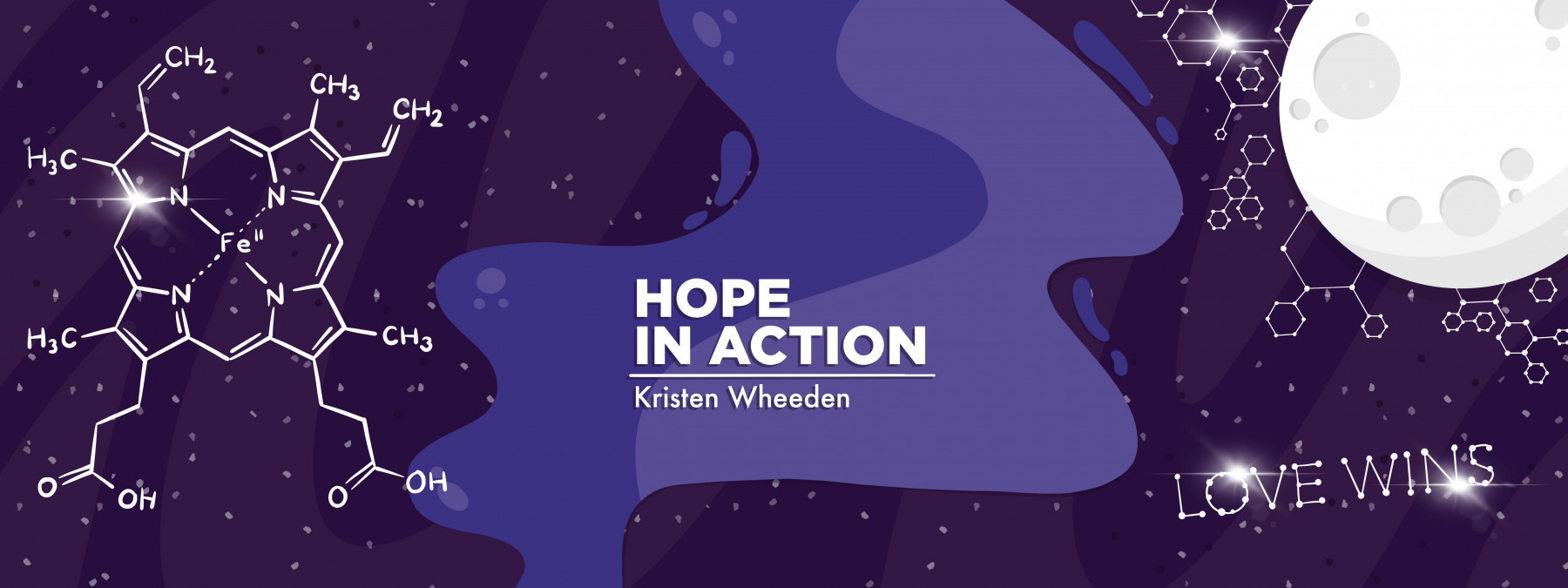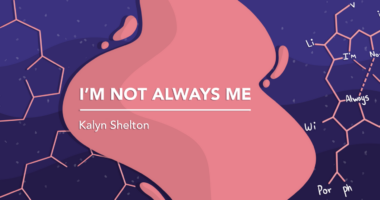The unseen battles: Advocating for mental health in the porphyrias
Grief, anxiety, isolation, and other emotional tolls especially affect children

Living with erythropoietic protoporphyria (EPP) can be a profoundly isolating experience — not just physically because of porphyria symptoms and the requisite avoidance of sunlight, but emotionally and mentally as well. That’s the often-overlooked psychological landscape that children, like my son, navigate daily because of their chronic conditions.
The United Porphyrias Association held focus group discussions last month with adults suffering from various forms of porphyria, including EPP. They revealed a troubling spectrum of mental health challenges, including anxiety, a sense of isolation, feelings of abandonment, and a profound loss of identity, each compounded by the disease’s unpredictable nature. Such findings underscore the urgent need for tailored mental health support and the establishment of strong advocacy networks.
For my son, who was diagnosed with EPP at age 3, its impact extends beyond the physical limitations imposed by his sunlight sensitivity. The mental and emotional toll is significant and often hidden from view. He faces not just the direct effects of his condition, but also the secondary consequences: the frustration of not participating in normal daytime activities with peers, the grief over lost opportunities, and the constant burden of managing a disease that few understand.
The focus groups highlighted the emotional toll of living with such conditions. Many participants expressed feelings of frustration and grief over the loss of their expected life trajectories. They also reported significant instances of guilt and shame, driven by their perceived dependency on others.
Meeting children’s needs
These emotions are particularly poignant for children, who are still developing their self-concept and learning to navigate social dynamics. These feelings have been validated by porphyria research in adults and children.
In response to these challenges, several key resources were discussed.
Access to specialized mental health support: There’s a critical need for mental health professionals who specialize in dealing with chronic and rare diseases. Children benefit from therapists who understand the specific challenges posed by EPP and similar conditions and can provide coping strategies tailored to the kids’ experiences.
Community and peer support: The establishment of support groups can provide a vital space for sharing experiences and reducing feelings of isolation. For children, these groups can be a place to meet peers who face similar challenges, reinforcing that they’re not alone in their struggles.
Educational and advocacy resources: Empowering children and their families through education about EPP and teaching them how to advocate within medical and educational systems is crucial. Knowledge is power, and understanding how to navigate these systems can reduce anxiety and help families feel more in control.
Activities and programs that build identity: Engaging in activities that are adaptable to children’s needs can help those with EPP and similar conditions build a sense of identity beyond their illness. Whether it’s art, music, or other hobbies that can be performed safely indoors or outdoors during safe sun hours, it’s crucial to encourage pursuits that bring joy and a sense of accomplishment.
Reflecting on the discussions from the focus groups, it’s clear that while the physical symptoms of diseases like EPP are often addressed, the psychological effects can linger unattended. Treatments may boost quality of life, but there’s more to this story. We must advocate for comprehensive care approaches that address both physical and mental health needs.
The journey with EPP is not just about managing a medical condition; it’s about nurturing a full life, rich in support and understanding. As a mother, my advocacy for my son’s mental health is relentless. I’m committed to ensuring that he, and others like him, not only survive but thrive, with their mental health needs firmly acknowledged and addressed.
This column isn’t just a reflection, but also a call to action. Let’s unite — patients, doctors, advocates, and pharmaceutical professionals — to enrich the support network for our children. Let’s ensure they have not only the medical interventions they need, but also the psychological and emotional support to lead fulfilling lives.
My son’s journey and the collective voices from the focus groups underscore the imperative: It’s time to bring these unseen battles into the light. Who’s in? Please join us at the United Porphyrias Association website.
Note: Porphyria News is strictly a news and information website about the disease. It does not provide medical advice, diagnosis, or treatment. This content is not intended to be a substitute for professional medical advice, diagnosis, or treatment. Always seek the advice of your physician or other qualified health provider with any questions you may have regarding a medical condition. Never disregard professional medical advice or delay in seeking it because of something you have read on this website. The opinions expressed in this column are not those of Porphyria News or its parent company, Bionews, and are intended to spark discussion about issues pertaining to porphyria.








Leave a comment
Fill in the required fields to post. Your email address will not be published.